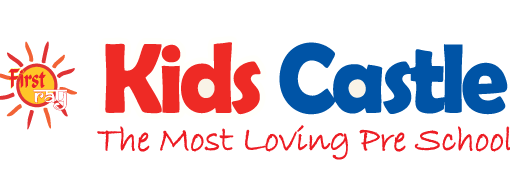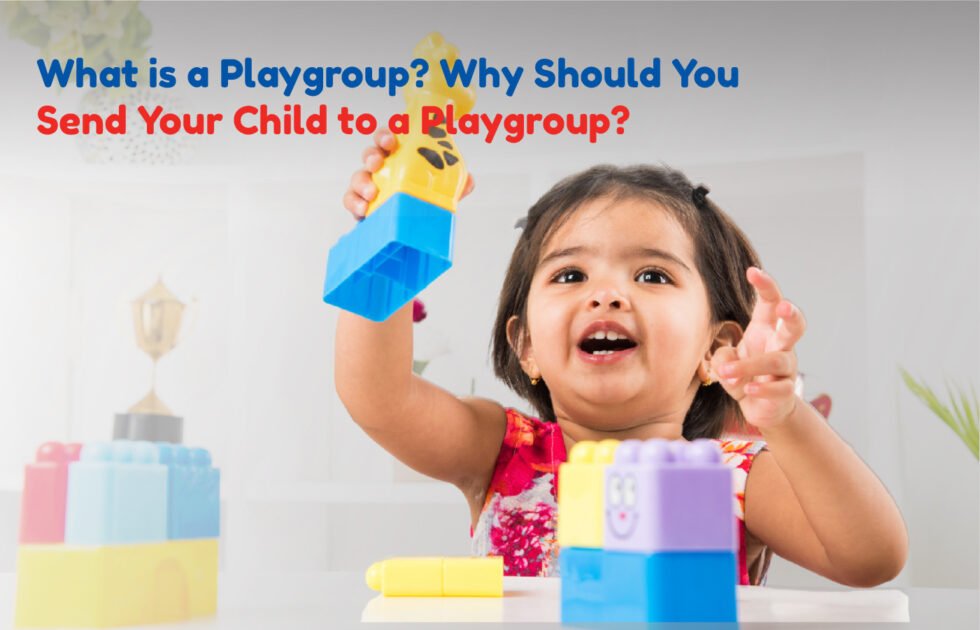Are you a parent wondering what a playgroup is and why your child should attend one?
A playgroup provides an incredible opportunity for children to learn, thrive, and socialize. The right combination of activities helps build critical skills that will last far beyond childhood.
In this blog post, we’ll discuss the benefits of joining a playgroup and how it can help your little one’s motor, social & emotional skills.
In a playgroup, children typically engage in activities such as:
- Free play with toys and games
- Arts and crafts projects
- Singing and dancing
- Group games and outdoor play
- Snack time and socializing with other children and caregivers.
What are Motor Skills? How does a child develop motor skills in a playgroup?
Motor skills are the physical abilities that allow a person to control their movements and perform physical tasks. Kids develop motor skills through practice, repetition, and exposure to various physical activities.
In a playgroup, children have opportunities to engage in physical activities, such as running, jumping, climbing, throwing, and catching, which can help them develop their gross motor skills. Your kid can develop fine motor skills through drawing, cutting, and manipulating small objects. These activities allow children to practice and refine their motor skills and promote coordination, balance, and agility.
Additionally, playgroups often involve group games and activities requiring kids to work together and practice teamwork, which can also help improve their social skills.
What social skills can a child learn in a playgroup?
A kid can learn a variety of social skills in a playgroup:
Communication: Children learn to express their thoughts and feelings and listen to others through interactions with peers and adults.
Cooperation: Children learn to work together and share resources through group activities and games.
Conflict resolution: Children practice resolving conflicts and negotiating with others in a safe and supportive environment.
Empathy: Children learn to understand and respect the feelings and perspectives of others through observation and interaction.
Sharing: Children learn to share toys, materials, and attention with others, promoting generosity and kindness.
Turn-taking: Children practice taking turns, waiting for their turn, and respecting the turns of others in games and activities.
Self-regulation: Children learn to control their emotions, manage their impulses, and follow the rules in a group setting.
Participating in a playgroup gives children opportunities to practice and develop these social skills in a fun and engaging environment, which can lay the foundation for positive relationships and successful social interactions.
How does a child build Emotional Skills in a playgroup?
A child can build emotional skills in a playgroup. Playgroups provide opportunities for children to interact with peers, practice social skills, and experience different emotions. This can help children develop emotional regulation, empathy, and resilience. For example, children learn to share, take turns, and resolve conflicts through cooperative play, which can improve their social skills and emotional intelligence. Additionally, playgroups can provide a safe and supportive environment for kids to express their feelings and learn to manage their emotions.
Encourage the child to express emotions:
Encouraging a child to express their emotions can help build emotional skills. When children are given the space and support to express their feelings, they learn to identify and understand their emotions, which is an integral part of emotional regulation. It also helps them develop better communication skills and form stronger relationships with others.
Additionally, when children are validated and heard in their expression of emotions, they feel seen and understood, increasing their confidence and self-esteem. Children can develop healthy coping mechanisms and regulate emotions effectively by providing a safe and supportive environment for emotional expression.
The benefit of kids attending a playgroup:
Kids can benefit from attending playgroups in various ways, including:
- Socialization: Interacting with peers and building relationships.
- Cognitive development: Engaging in play and learning experiences.
- Physical development: Participating in physical activities.
- Emotional development: Expressing emotions and building self-esteem.
- Language development: Hearing and using language in social interactions.
Playgroups can also provide a supportive community for children and their caregivers and help families connect with others in their local area.
Conclusion:
Playgroup is the most exciting yet important phase of your child. For the first time, the children come out of their parent’s shadow and start interacting with the environment. During the playgroup, we ensure that a child develops affection towards the school, makes new friends, understands the student-teacher relationship and, most importantly, knows there is a world outside their home. No formal learning process starts in the playgroup, while the learning happens through themes and play activities. We focus on improving gross muscle development during this age through Montessori mode.

